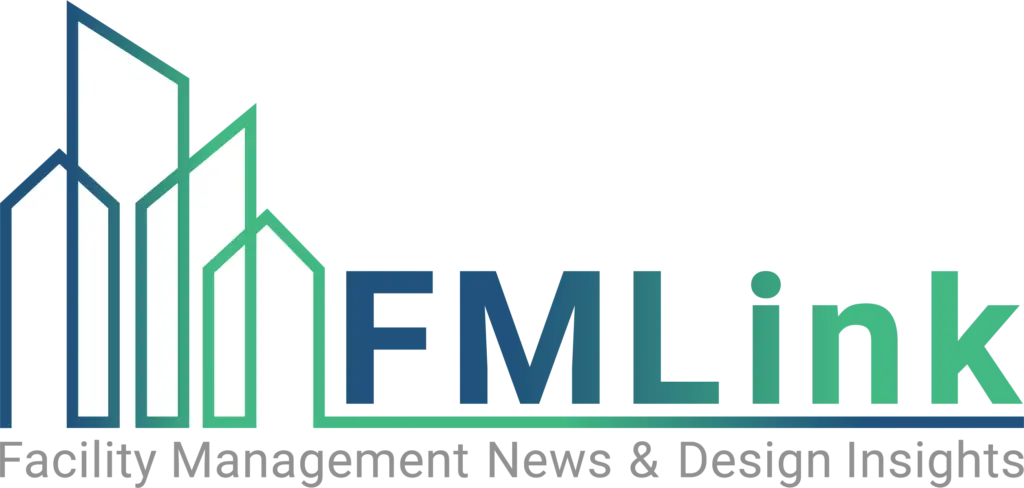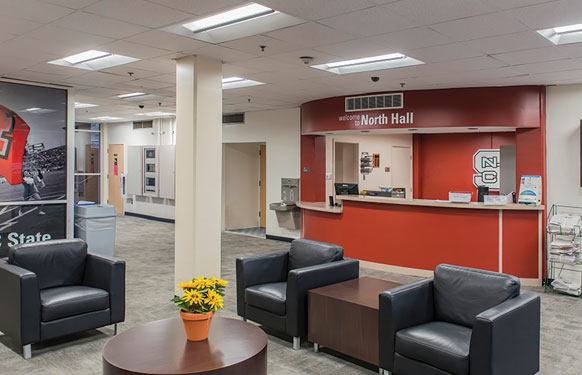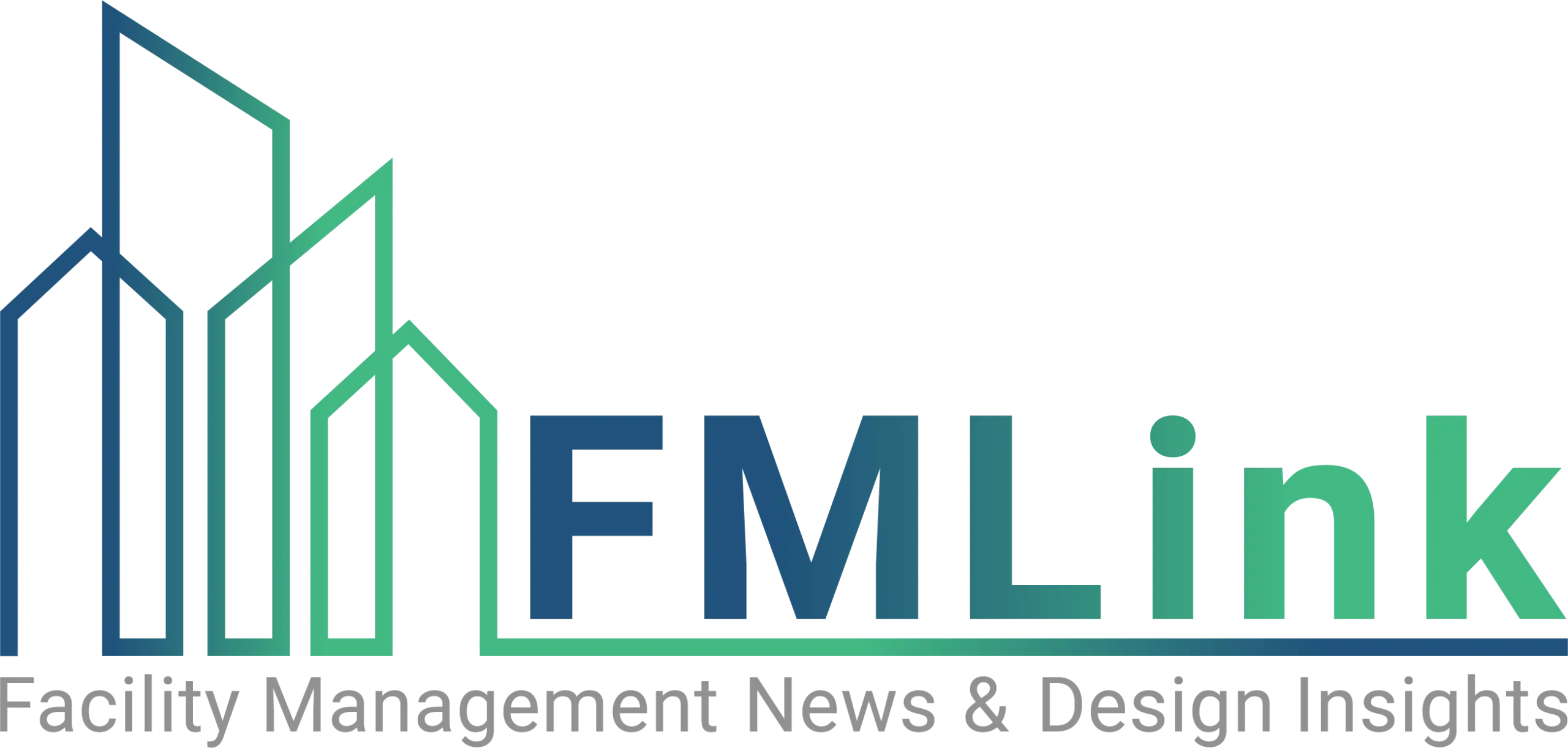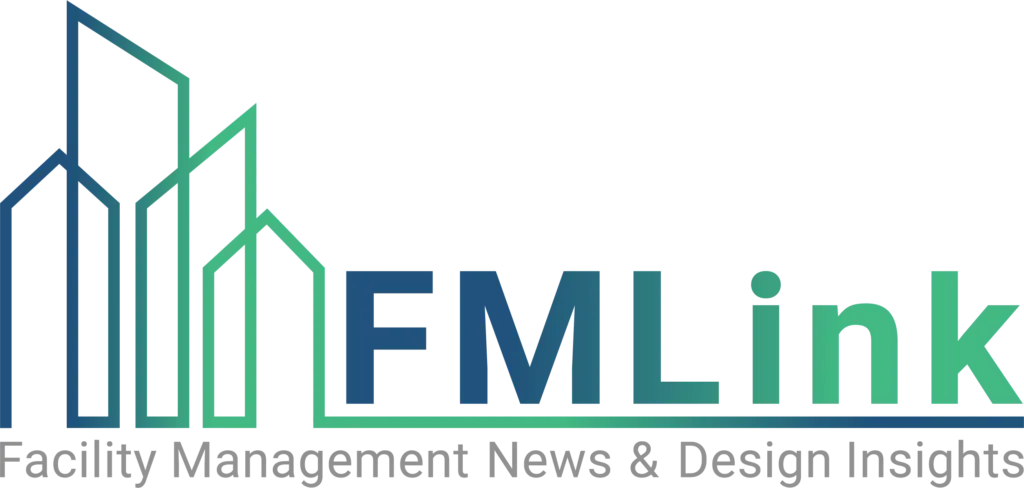May 30, 2008—As part of its effort to combat climate change, the European Commission recently announced that it would promote the use of ICT (Information and Communications Technologies) to improve energy efficiency throughout the European economy, starting with buildings, lighting, and the power grid.
The Commission will encourage the ICT sector, which at present accounts for 2% of global CO2 emissions, to lead by example in the drive towards carbon neutrality. This will be done by reinforcing research, development and deployment of components and systems, complemented by voluntary agreements, for example on green procurement. The real gains from green ICT will come from developing energy-efficient ICT solutions that impact the other 98% of global emissions, says the EC.
The Commission’s green technology initiative will focus on three energy-intensive sectors: energy generation and distribution (managing power grids more efficiently, facilitating the integration of renewable energy sources); heating, cooling, and lighting buildings (continuously monitoring data to optimize lighting, ventilation, and equipment performance and provide consumers real-time updates on their energy consumption to stimulate behavioral changes); and lighting (changing to energy efficient light bulbs and intelligent light bulbs).
Without action, the EU’s energy consumption is expected to rise by as much as 25% by 2012, which would increase EU emissions despite renewable energy targets. However, ICTs, if directed to sustainable uses, could increase energy efficiency in all areas of the economy while continuing to account for 40% of Europe’s productivity growth, notes the EC.
For more information visit the EC’s ICT for Sustainable Growth: Energy Efficiency Web site.




